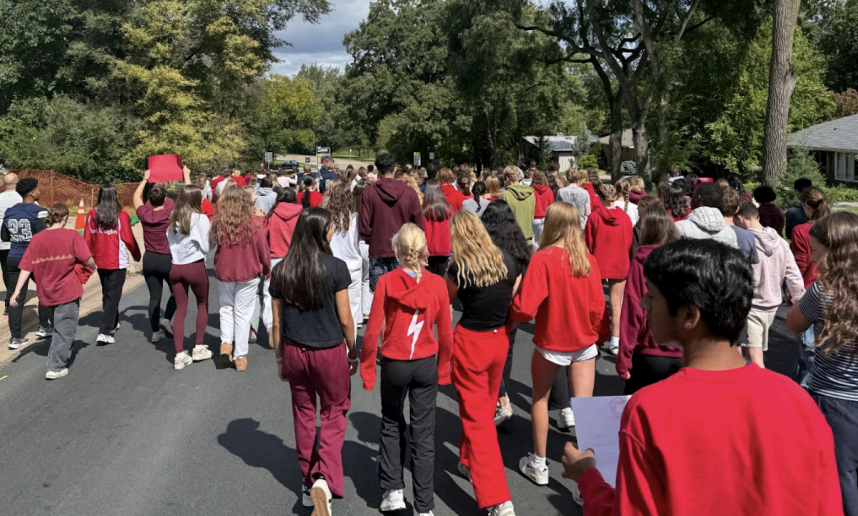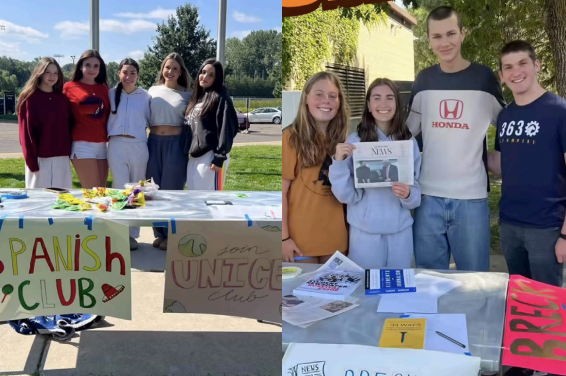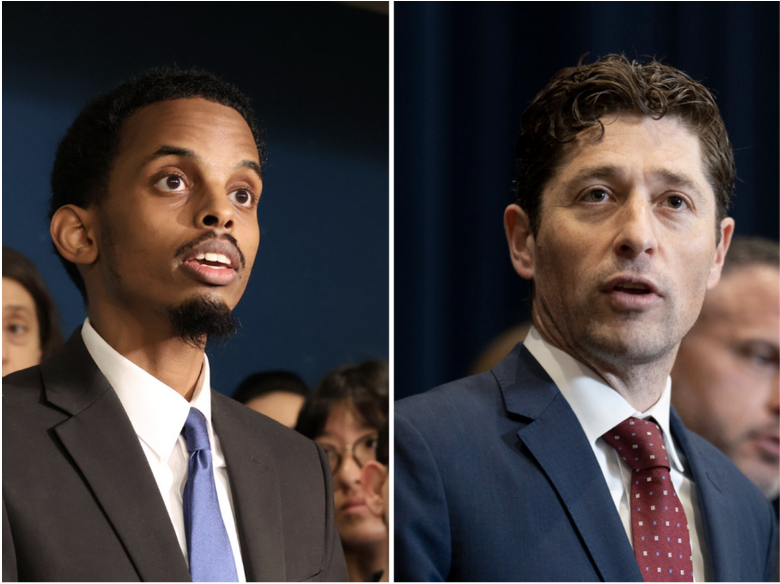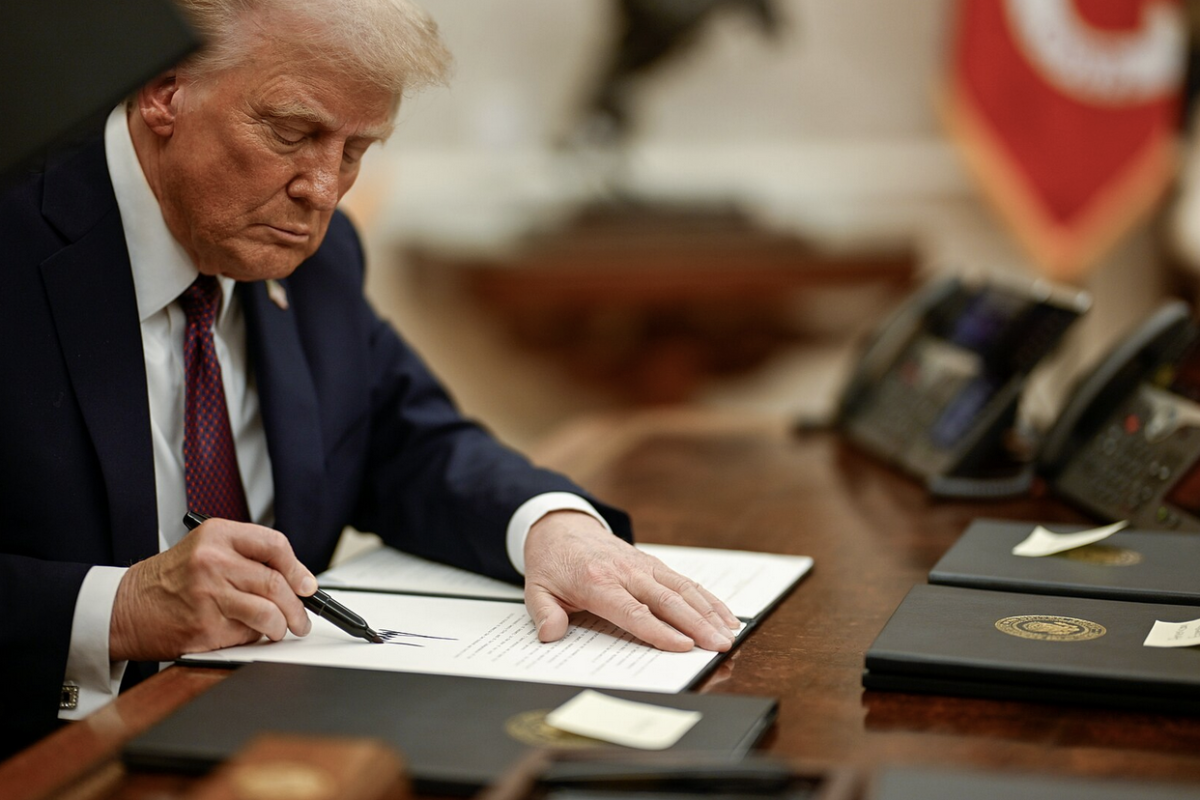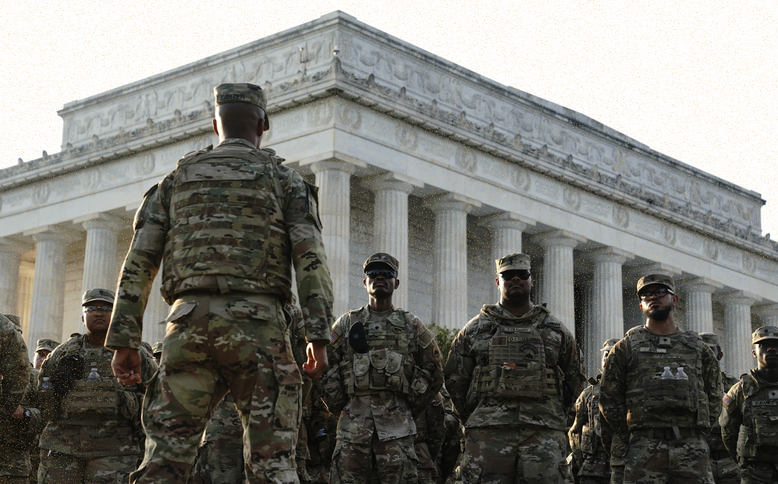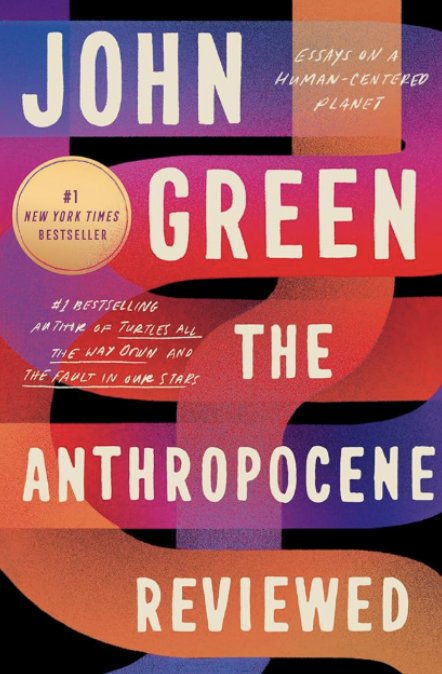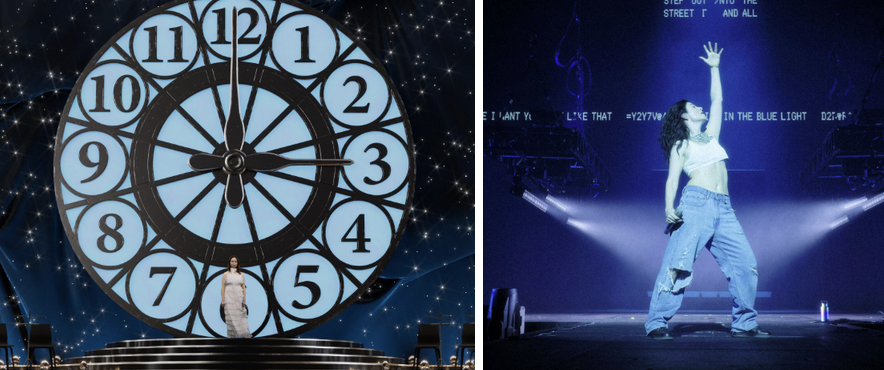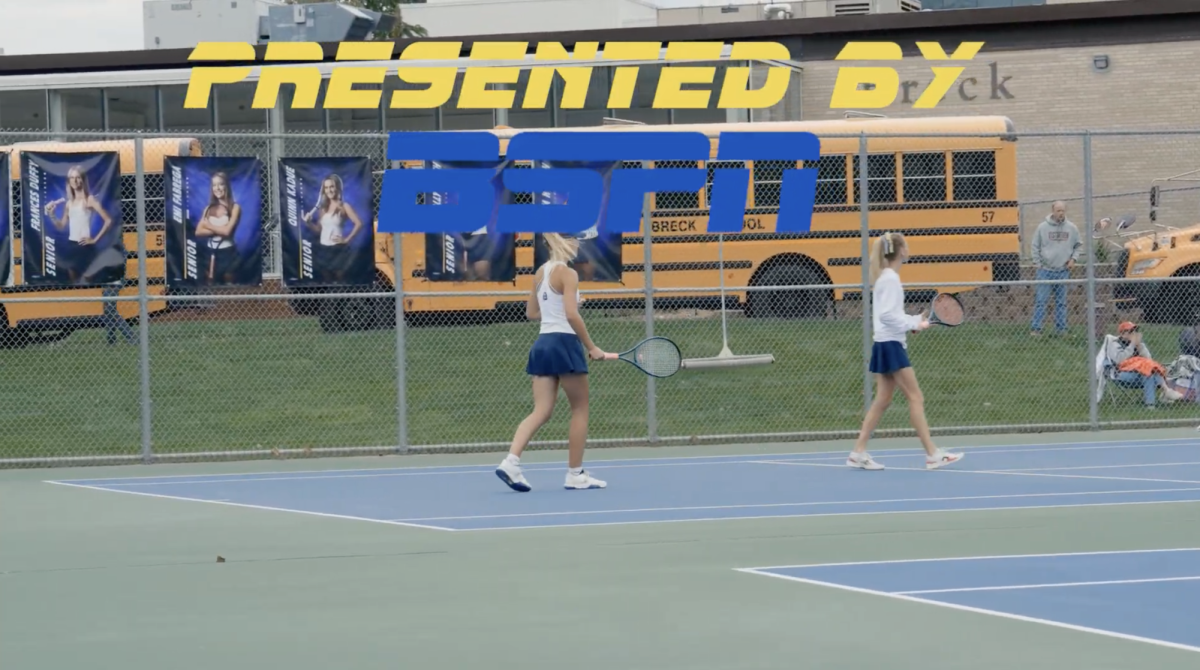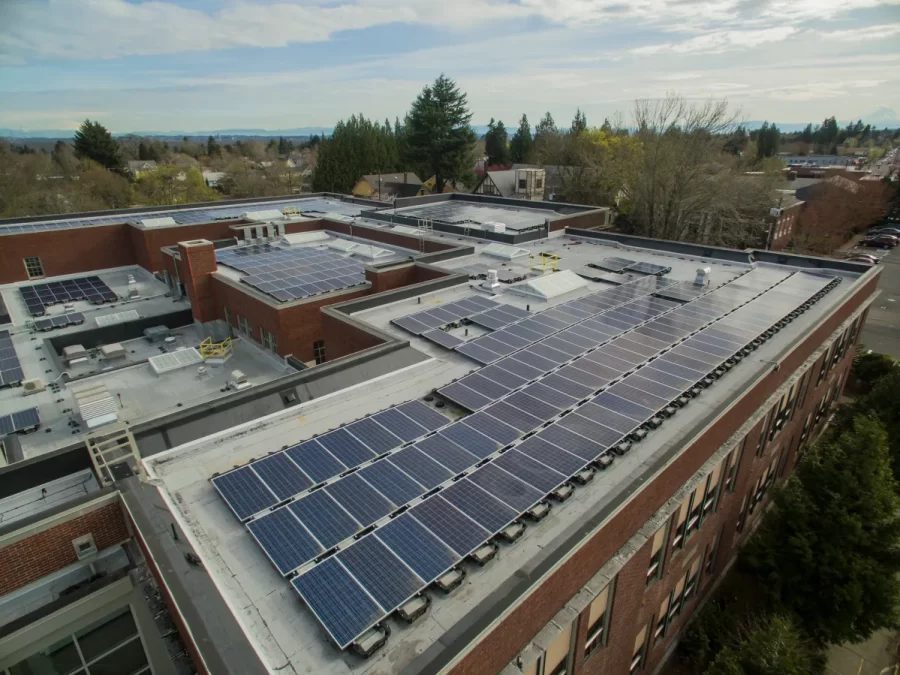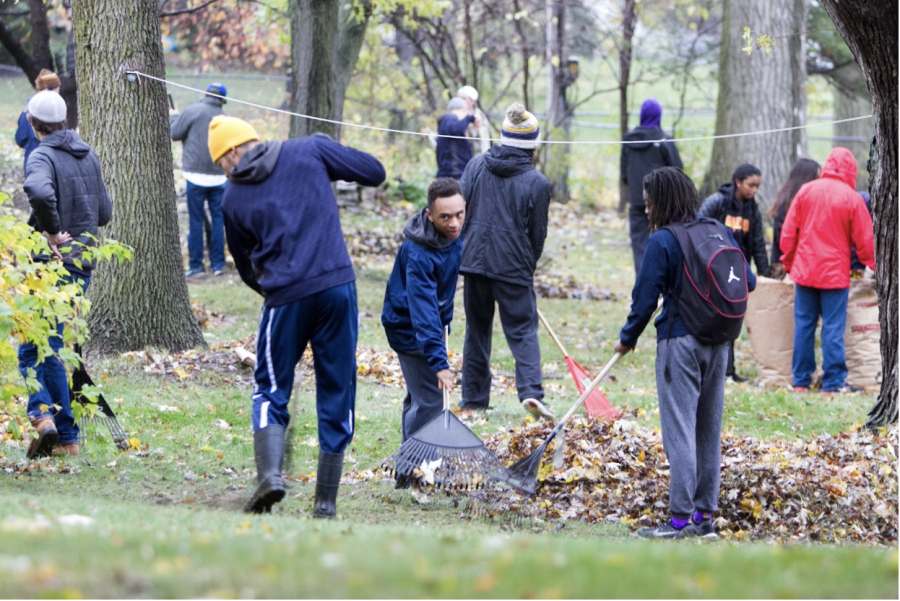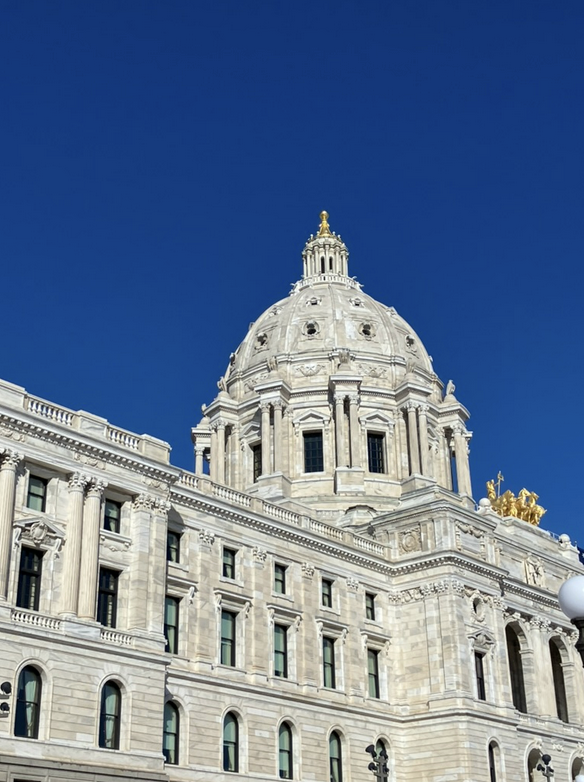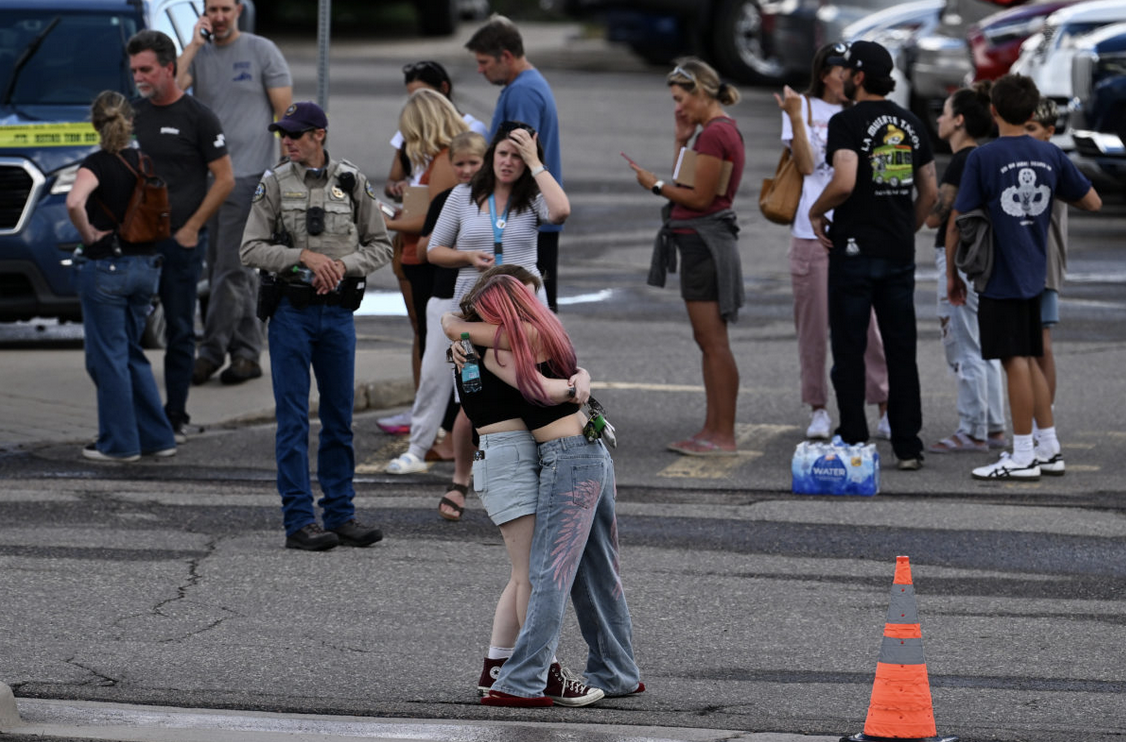Following orders made by President Trump on August 11, 2025, the D.C. National Guard has been deployed throughout the city. In his memoranda, he states that “the local government of the District of Columbia has lost control of public order and safety in the city” and refers to the recent murders of two Israeli embassy workers in May and an assault of a Department of Government Efficiency (DOGE) staffer. The memoranda orders that the D.C. National Guard be mobilized to address crime in the city. Since the deployment of over 800 troops along with over 1,000 troops from other Southern states, roughly 240 people have been arrested and over 70 homeless encampments have been destroyed, according to White House Deputy Chief of Staff Stephen Miller as of August 16. Trump also issued an executive order on August 11 placing the D.C. Metropolitan Police under federal control. Since then, AP News reports that according to the White House, during the takeover, violent crime was down 39% from the same period last year, and homicides were down 53%, with only 7 homicides compared to 15 during the same period last year.
Now that was a brief background for you. But I wanted to get real insight and personal experiences, from people actually living there, not just White House members with their own biases. So, I FaceTime-interviewed my aunt, who lives in D.C., to get a better understanding of what is really going on from the perspective of a resident. Here is what I asked, and here is her response.
Q: What have you noticed, if anything? Have you seen the Guard personally?
A: She has seen the Guard at the Union Station metro she takes to work. She recalls spotting around 3 troops at the top of the Station’s escalator just “hanging around.” There are certain places with a larger presence, such as the monuments, the National Mall, and more touristy areas such Georgetown, Dupont Circle, and the Wharf. As for her own personal neighborhood, she has not seen them.
Q: What have you noticed about the homeless?
A: She has noticed clear differences in the homeless population in her neighborhood. She notices that they seem to be squeezing themselves into “nooks and crannies”– sleeping in doorways of schools, almost like they are trying to “hide” or find the least visible space to sleep in for the night. Overall, she feels like the actual population numbers are the same, but they are displaced from where they would normally reside.
Q: Does safety feel any different now than before? Do you feel more safe?
A: She says she does not feel much safer. Fear and uncertainty is prevalent, since the Guard were given weapons, and the general consensus from residents is that the President’s order is a waste of taxpayer dollars.
Q: Is the National Guard still there? What about ICE?
A: The D.C. National Guard’s deployment got extended until November 30, so she expects to still be seeing them. ICE arrests are still happening, as she has seen unmarked vehicles detaining and stopping people. She recalls that towards the beginning of when the immigration crackdown started, she saw an unmarked vehicle speeding down the road at nearly 100 miles per hour after its target. My uncle chimed in to share the biggest difference he has noticed in the city, which wasn’t the Guard or police – it was a change in the amount of people riding electric scooters. He recalls that during COVID, the amount of scooters exploded to a point where they became a nuisance. These people on scooters were Uber Eats drivers, most of which were Latino. Many did not speak English. But nowadays, he has seen large trucks rounding up people and their scooters, and believes it is ICE at work.
Q: So if this crackdown is not the solution, what is?
A: She believes that crime in D.C., like any major city, is bad, though she says that it was trending downwards already. She thinks one problem could be with the prosecution side of cases – there is an issue with many cases where defendants are allowed out on bail or sentences were too lenient, especially for juvenile cases. There is a need to reform the juvenile justice system and sentencing system in order to decrease crime.
Overall, this is a complicated issue. Nothing Trump did was technically illegal, and his decisions made apparent changes in the city, but from what my aunt told me, some D.C. residents are afraid and unhappy. As of when this article was written, Trump has plans to continue his immigration and crime crackdown by deploying National Guard troops to Memphis, adding further complexity to the issue.
